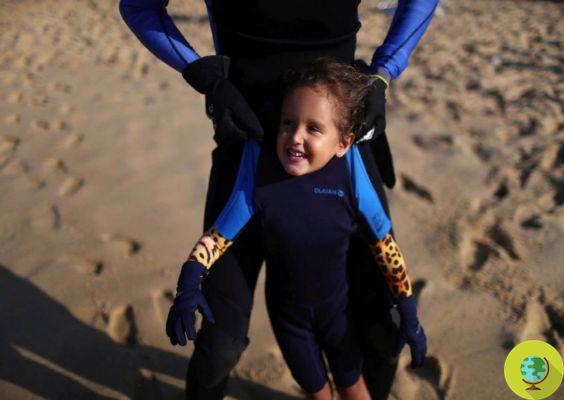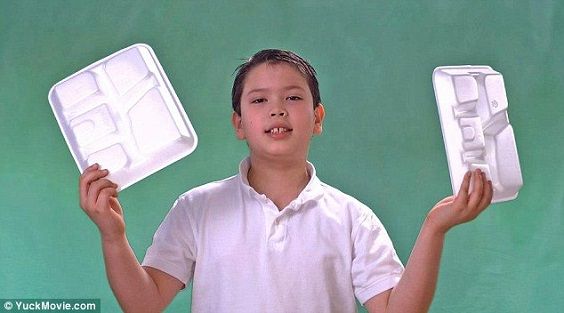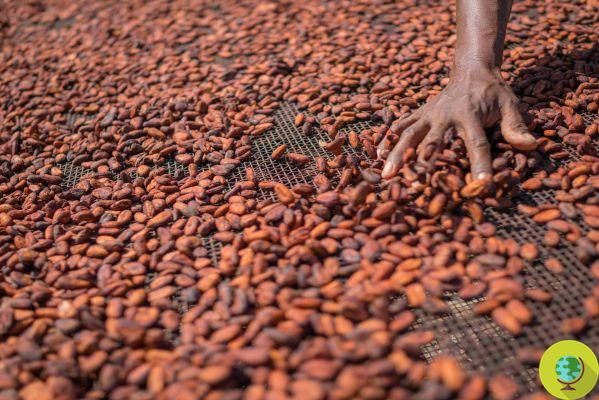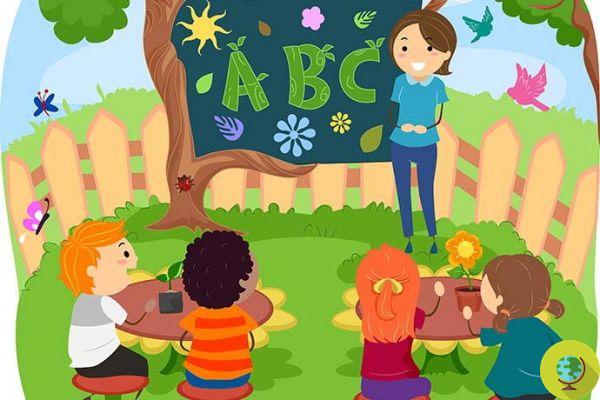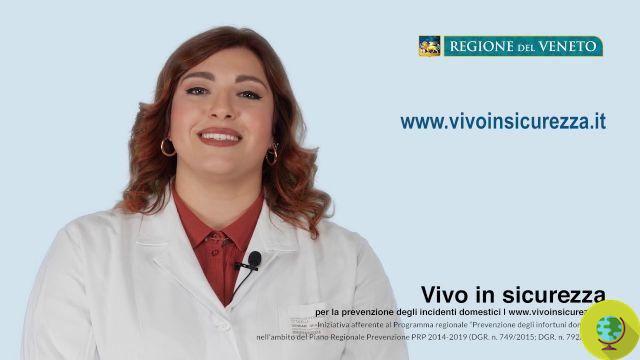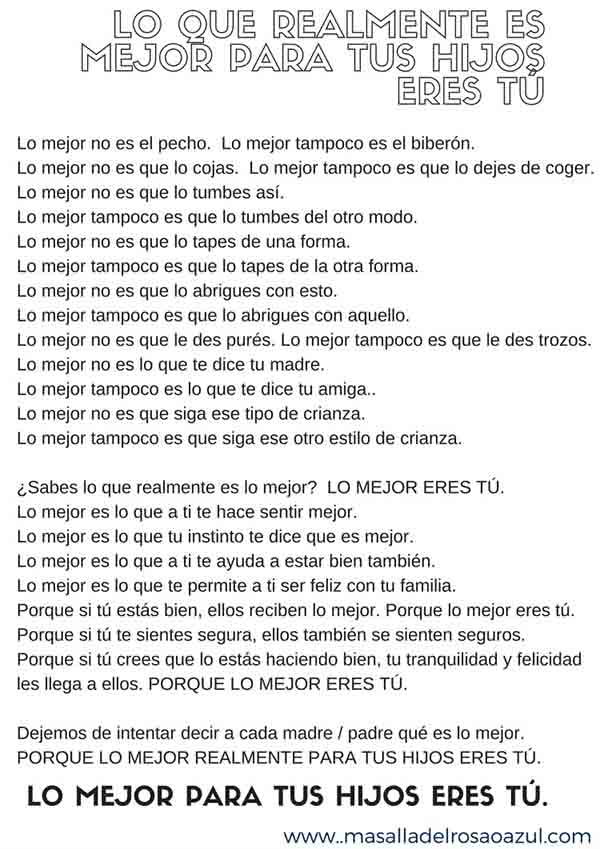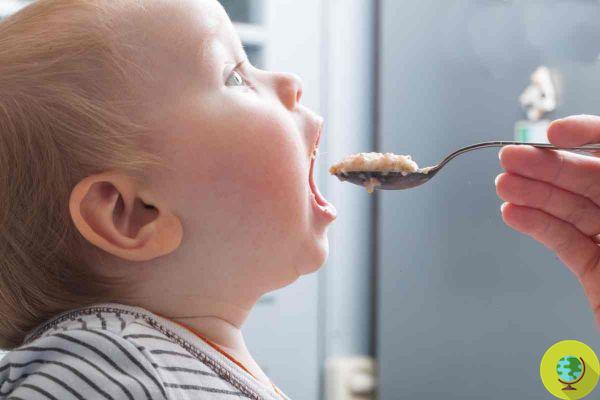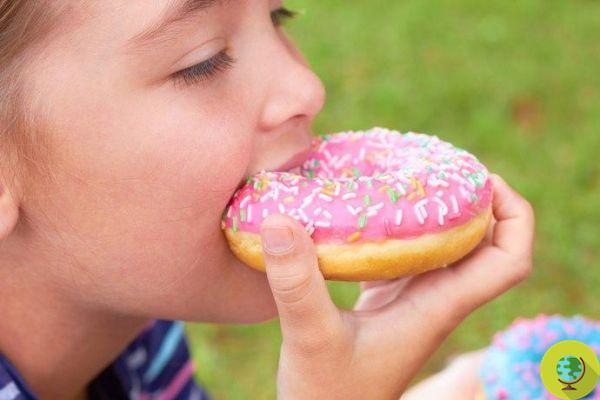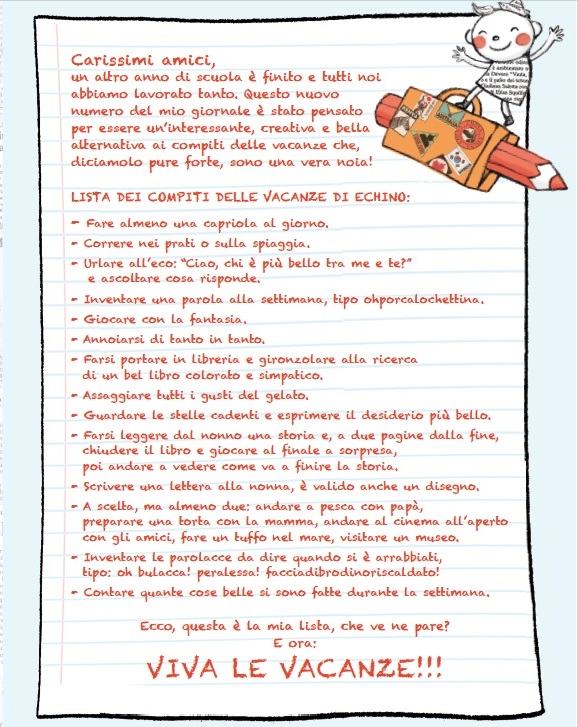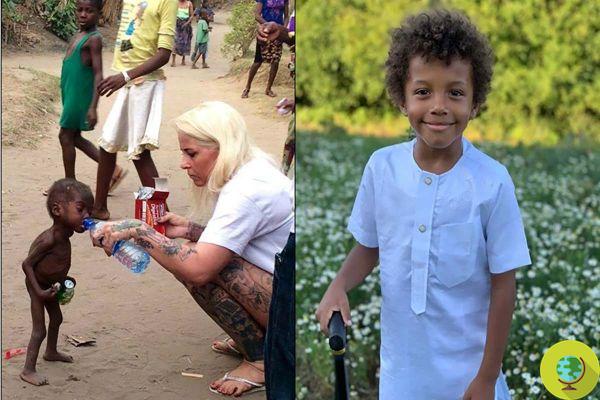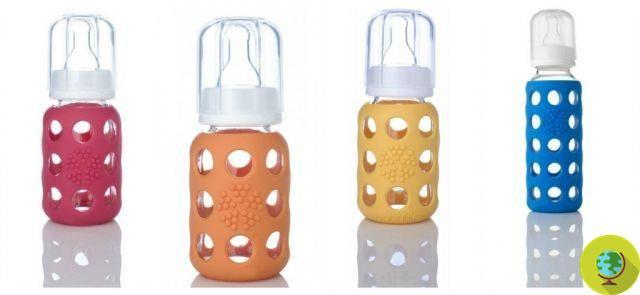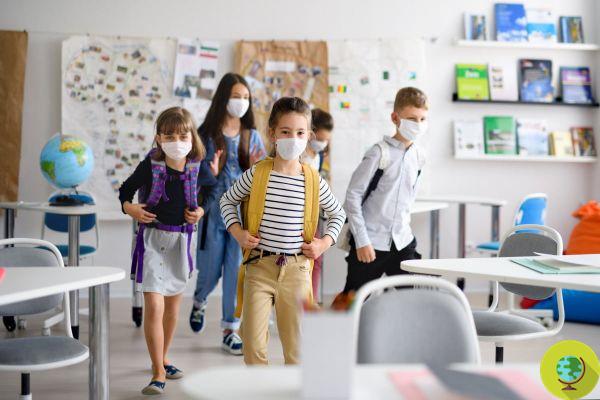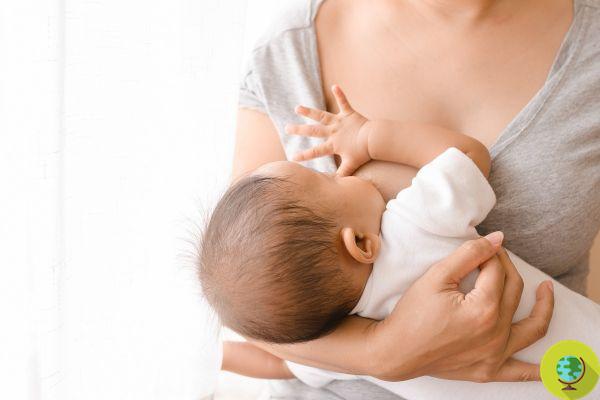
New Study Analyzes Amounts of PFAS That Can Also Be Found in Breast Milk and Associates Breastfeeding Duration is Associated with PFAS Concentrations in Babies
Don't store avocado like this: it's dangerous
Breastfeeding. Never, not even for a second, when I had my newborn babies in my arms did I think not to give them mine XNUMX cups milk. Transmission of a love that goes beyond all measure, giving breast milk to the newly arrived baby is always confirmed as being of fundamental importance for the health of the newborn and also for that of the mother.
Still, the focus is often on the quality of breast milk itself and on the benefits of natural food par excellence. Thus, we find ourselves asking a question: What if we transmit chemicals to the baby through breastfeeding? And, while many experts are keen to encourage breastfeeding for the far greater benefits, for many others there is no way: breastfeeding can expose babies to toxic chemicals.
A new study just conducted by the Harvard School of Public Health starts from an assumption: perfluoroalkyl substances (PFAS) are widely used and have led to human exposure around the world. The PFAS they can also be found in breast milk and breastfeeding duration is associated with PFAS concentrations in infants.
The researchers followed a group of 81 babies born on the Faroe Islands, in the North Atlantic, between 1997 and 2000, looking at the levels of five types of PFAS in the blood at birth and at the age of 11 months, 18 months and 5 years. They also looked at PFAS levels in mothers of babies at 32 weeks of pregnancy. The local diet is rich in seafood and may even include the whale meat, so this study represents exposure levels that are likely to be higher than in other places.
They found that in infants who were exclusively breastfed, the concentrations of PFAS in the blood increased by about 20% -30% every month, with lower increases among infants who were partially breastfed. In some cases, infants' serum concentration levels of PFAS exceeded that of their mothers after the breastfeeding phase ended. In addition, analyzes showed that one type of PFAS-perfluorohexanesulfonate did not increase with breastfeeding.
However, the study does not show a rapid, significant increase in PFAS levels in the blood of infants, but the in vivo data proves that we should be concerned about the ability of chemicals to build up right in our bodies, to be transferred into breast milk and then be harmful in the critical stages of the development of infants.
"There is no reason to discourage breastfeeding, but we are concerned that these pollutants will be passed on to the next generation at a very vulnerable age," concludes he teaches Philippe Grandjean.
Perfluoroalkyl substances (PFAS) are synthetic chemicals used mainly to make various materials such as fabrics, carpets, paper, coatings for food containers resistant to fats and water. Perfluorooctanoic acid (PFOA) and perfluorooctane sulfonic acid (PFOS) belong to this group, compounds of high persistence in the environment which can be found in the air, soil and water in connection with the production, use and disposal of the products containing them.
In short, the researchers say that we should not worry but they put us in a state of alert, arguing that the levels of PFAS can also be different from country to country. We, for our part, continue to support theimportance of breastfeeding. If only with a glass of cow's milk we're not so sure ...
Germana Carillo
READ also:
Breastfed babies are smarter. Confirmation in a Brazilian study
Breast milk: a super food. breastfeeding is good for mom and baby






